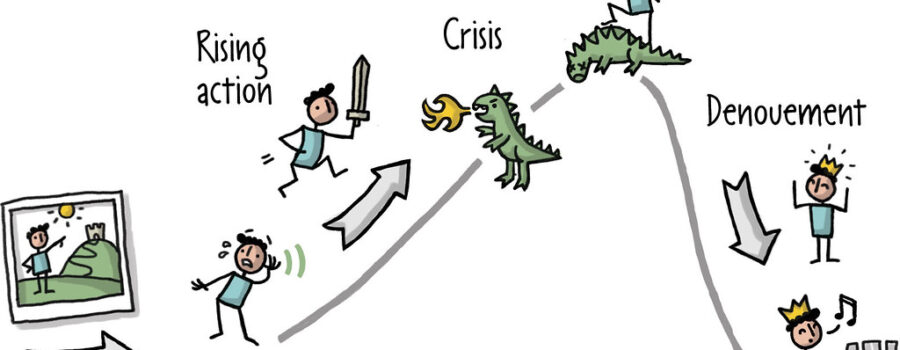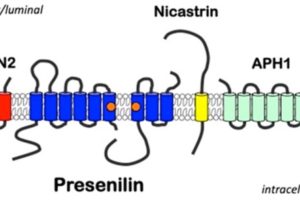The climax of a story is the most important part. It’s the part where everything comes together. The various subplots that possibly exist converge and allow for a resolution of the main problem of the story. The climax itself releases a surge of chemicals in the reader’s brain and allows the story to be cemented in their memory as a great story.
What exactly happens to the brain when you read the climax of the story? Research has shown that many chemicals are released. The most prominent chemical released is dopamine. Dopamine is the brain’s feel-good hormone and gives us a sense of well-being. A good story results in the release of dopamine that makes the reader feel good and recommend it. The climax almost single-handedly determines whether the reader will recommend the book or throw it away. In addition, a good story allows the brain to not only unwrap the words within the story, but also to unravel the deeper hidden meaning behind the story. The climax is often underappreciated, but studies have shown that a good story with a good climax leads to increased neural activity in areas of learning and development up to a week after reading the story. Reading itself is such a good thing for your brain as it is one of the three main ways you learn new concepts. Even if the setting of the story is great, and the rising action is very dramatic, an anticlimactic climax of the story could break its structure entirely, and possibly lead to negative emotions felt by the reader.
In conclusion, the climax of the story is the most important part, and it also is characterized by the release of dopamine in the readers’ minds. A good climax to a story can be the deciding factor in whether a story is good or not.
Sources:
- Benefits of Reading Books: How It Can Positively Affect Your Life: https://www.healthline.com/health/benefits-of-reading-books
- The Power of Storytelling and How it Affects Your Brain: https://talesfortadpoles.ie/blogs/news/the-power-of-storytelling-and-how-it-affects-your-brain







Most Commented Posts